Marketing is an essential element of any business strategy. Traditionally, marketing was limited to print, radio, and television advertising, but the advent of the internet and social media has revolutionized the way businesses market their products or services. In this blog, we will explore the differences between traditional marketing and digital marketing.
Traditional Marketing Traditional marketing refers to marketing strategies that rely on traditional channels such as print media, television, radio, billboards, and direct mail. These channels have been used for decades and have proven to be effective in reaching a broad audience. However, traditional marketing can be costly, and it can be difficult to measure its effectiveness accurately.
Digital Marketing Digital marketing refers to marketing strategies that utilize digital channels such as social media, search engines, email, and mobile applications. Digital marketing allows businesses to reach a highly targeted audience, which can result in a higher return on investment (ROI). Digital marketing can also be more cost-effective and allows for accurate tracking of results and metrics.
Differences between Traditional Marketing and Digital Marketing
Reach
- Traditional marketing can reach a broad audience
- Digital marketing can reach a highly targeted audience
Cost
- Traditional marketing can be costly
- Digital marketing can be more cost-effective.
Metrics
- Traditional marketing can be more difficult to measure.
- Digital marketing allows for accurate tracking of results and metrics
Engagement
- Traditional marketing is typically one-way communication.
- Digital marketing allows for more engagement with customers.
Flexibility
- Traditional marketing can be more rigid.
- Digital marketing allows for more flexibility in adjusting marketing strategies.
Speed
- Traditional marketing can take more time to plan and execute.
- Digital marketing can be implemented quickly

Conclusion
In conclusion, traditional marketing and digital marketing each have their strengths and weaknesses. Traditional marketing can be effective in reaching a broad audience but can be costly and difficult to measure. Digital marketing can be more cost-effective, highly targeted, and allow for accurate tracking of results and metrics. However, it’s important to note that the most effective marketing strategies often incorporate both traditional and digital marketing channels. By using a combination of marketing channels, businesses can reach a wider audience and achieve their marketing goals more effectively.

